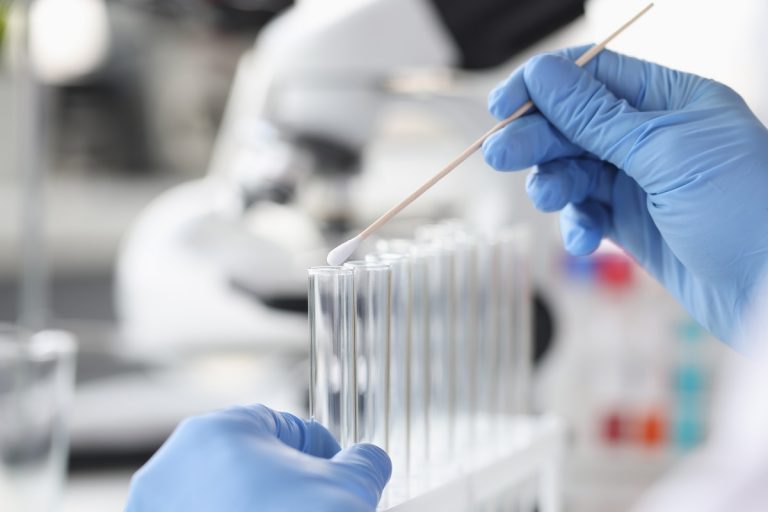Scientists from the Faculty of Agriculture at Brno’s Mendel University are researching ways to strengthen the immune system of humans and animals, through the use of substances that plants use to protect against stress. Using so-called phytonutrients, the researchers are trying to boost the lifespan of immune cells and their ability to deal effectively with diseases.
The researchers are focusing their attention on monocytes, from which they create macrophages and dendritic cells in laboratory conditions. They then try to stimulate them with phytonutrients and their metabolites. “Phytonutrients are substances that occur naturally in plants,” explained research leader Petr Sláma from the Institute of Animal Morphology, Physiology and Genetics. “It protects them against bacteria, fungi, and perhaps sunlight or frost.”
As well as acting as protectors of plants, phytonutrients can also effectively help in the bodies of animals. “We are currently in the phase where we present different phytonutrients to immune cells and then monitor how these cells do,” explained Sláma. “The first results show that some substances can really extend the lifespan of immune cells.”
As part of the research, the researchers are primarily focused on two plant substances: berberine, which is contained in barberry bushes, and punicalagin, which is found in pomegranates. Researchers are studying the effects of both substances in different concentrations.
“For example, with high concentrations of punicalagin, we have seen that the immune cells were much less stressed,” said Sláma. “We saw very well the protective effect of the substance – the cells were protected from premature death and compared to the control group, their life was longer.”
According to Sláma, the knowledge gained has a wide range of uses. “It basically interferes with all the immune reactions that take place in our body. The inclusion of phytonutrients can help us strengthen the body’s overall immunity, prevent disease, and if the disease does occur, alleviate its symptoms or speed up treatment. From my point of view, the application potential is really great.”
“In addition to the lifespan of the cells themselves, we will also investigate whether phytonutrients can support the elimination of unwanted microorganisms in the body. Simply put, whether the immune cells will be able to eat, for example, bacteria faster and more efficiently,” he added.
Scientists are investigating the effects of phytonutrients on immune cells with the help of special nanofiber scaffolds. “Recently, we have been dealing with 3D cultivation systems,” explained Sláma. “It can be imagined as an imaginary textile made of nanofibers. Cells in the membrane created in this way move practically in the same way as in real tissues, so they can use their functions much better.”
According to the scientist, thanks to the 3D systems, the number of experiments on animals could be reduced in the future. “Today, 2D cultivations are commonly used on cultivation plates or in plastic bottles. The cells stick to their wall and do not react the way they would in the body, because they are torn from their environment,” explained Sláma. In contrast, nanofibers for 3D scaffolds are made from biodegradable plastic (polycaprolactone nanofibers) or from a protein found in silk.
Scientists will have the complete results of the two-year project at the end of this year, building on previous collaborations with universities in South Korea, France and Slovakia.







